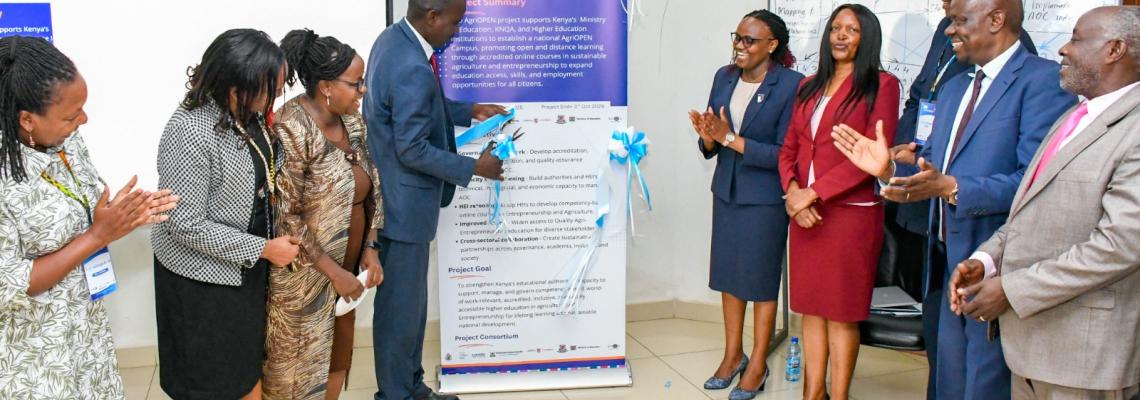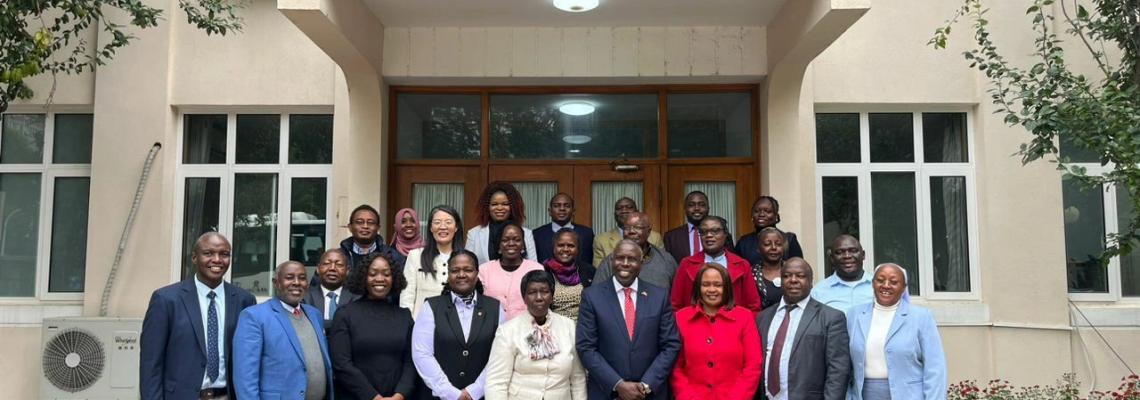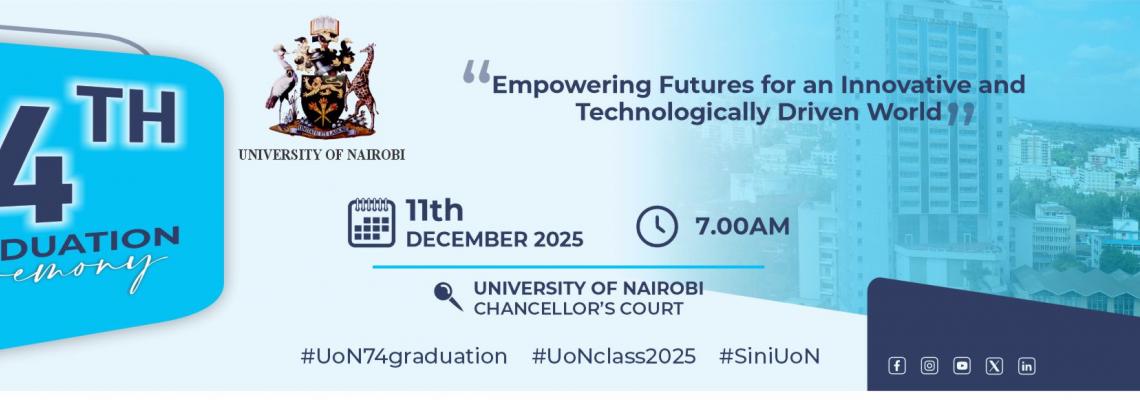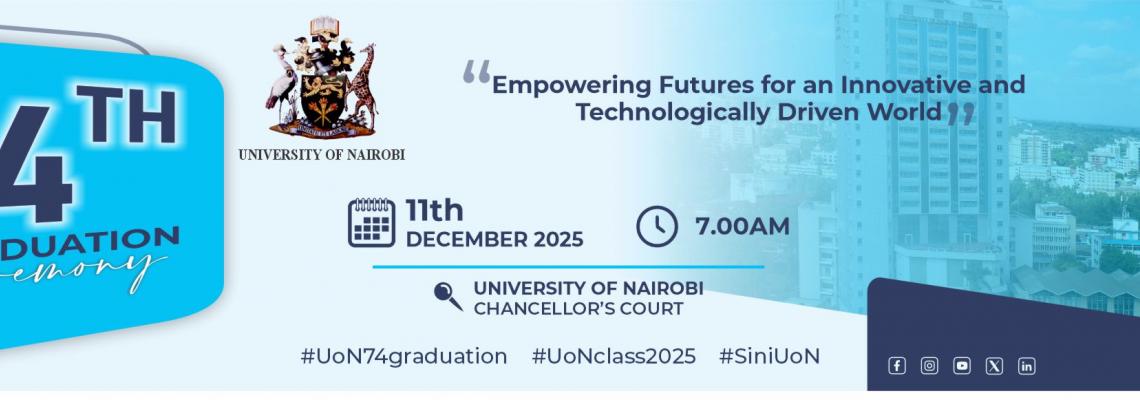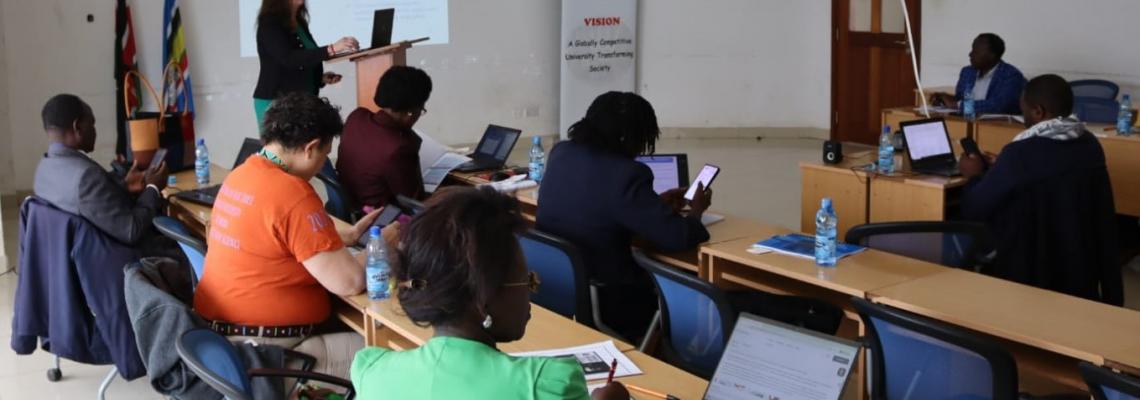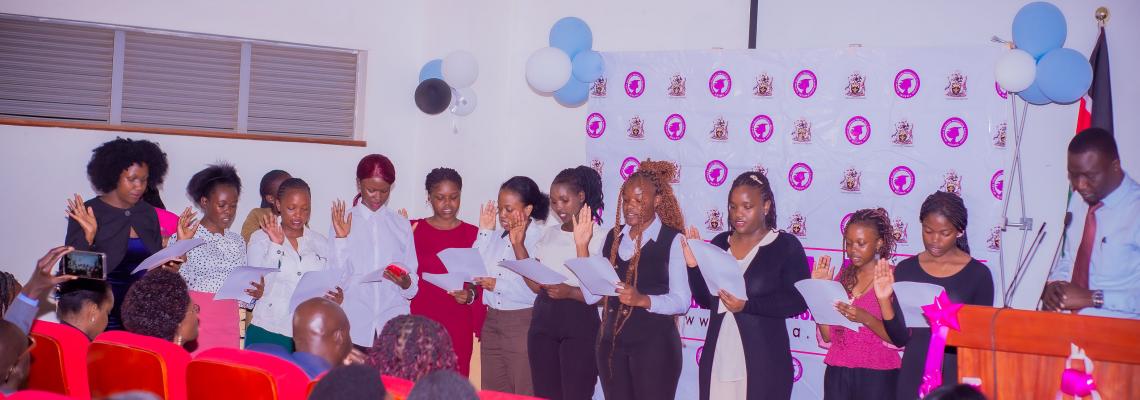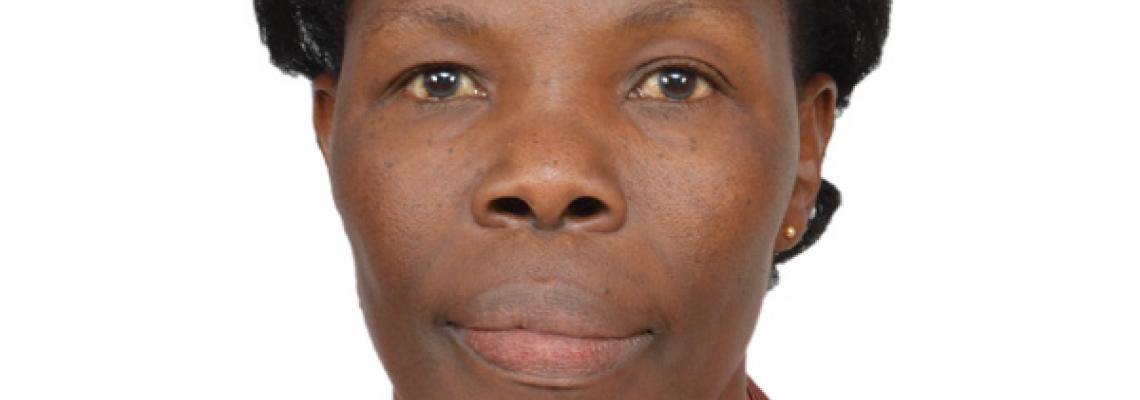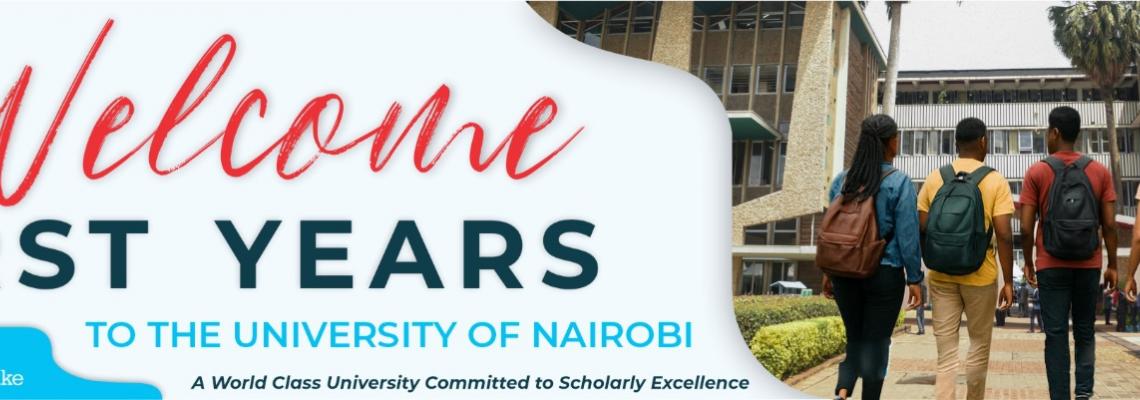Overview
- Background
The M.Ed. program gives students a strong disciplinary grounding that allows them to approach education questions. The
M. Ed program consists of a set of common mandatory courses in the first year and a series of specialized courses in the second year. The course aims at helping teachers and educators analyze the development of educational theory and practice from special needs education perspectives. The purpose of the course is to introduce Special Needs Education as an academic discipline and interrogate its contribution in the 21st-century theory and practice of Special Needs Education. Topics covered include various special learners’ needs in education, as well as substantive issues focusing on various aspects of the functioning of education in society that relate to learners with special needs.
- Objective
This programme shall enable the learner to:
- Explain the global perspectives of special needs education.
- Discuss the meaning, scope, aims, rationale and scope of special needs education
- Analyze the methodologies used in the study of special needs education
- Apply knowledge in the area of the special needs education in addressing learners with special needs in education and the society
- Philosophy
The philosophy of the programme is anchored on the need to build skills necessary for graduates in their future careers; these skills include critical thinking, problem-solving, analysis and evaluating other people’s work. The programme enables students to engage in educational analysis and critical thinking. The programme will investigate the contradictions, challenges, and possibilities of education. Throughout the training, students will learn some basic facts about education and its organization, orienting perspectives and theories for understanding how education systems work, and details concerning selected specific issues in education. In addition, students will become conversant with several instruments and structures at both the local and regional levels that are aimed at promoting, strengthening and revitalizing higher education. Hence, the philosophy of the course is not only to learn facts but, more importantly, to learn to marshal those facts to weigh the evidence.
- Rationale:
The role of education in realizing the Sustainable Development Goals (SDGs) cannot be over-emphasized. Kenya will require the services of a highly skilled labour force as it works towards the realization of the SDGs. In addition, the Social Pillar of Kenya’s economic blueprint and Vision 2030, seeks to provide globally competitive quality education, training, and research for the country’s industrial takeoff. It is for this reason that the M.Ed. in Special Needs programme intends to enhance the training of the personnel needed to guide education theory and practice in the country. The programme will equip professional teachers and educators with the requisite knowledge, skills and values to work as teachers, tutors, lecturers, policy makers and managers in the education sector in Kenya and elsewhere.
Structure
The programme will be offered through: a) face –to – face; b) Open, Distance and e-Learning (ODEeL); c) Blended learning. Students will choose between one of the three options depending on their needs.
-
- Face- to- Face
Under this option, the program will be offered purely through class – based onsite sessions.
-
-
- Face – to – face mode of delivery will involve lecturers, discussions, case studies blended learning, experiential learning and problem based learning.
-
-
- Open, Distance and e-Learning (ODEeL)
Under this option, the program will be offered off- campus. Open, distance and e- learning mode of delivery will involve modules and electronic/web – based learning materials.
-
-
- The open, distance and electronic learning mode will be offered using a variety of self – instructional print and electronic study materials.
- The learning materials will be accessed through a Learner Management System (LMS) and other e- learning Applications (Apps) downloadable on various electronic devices.
- In addition, there will be limited face – to- face tuition/instruction during residential sessions. The face- to – to face instruction shall not exceed one – third of the instruction time.
- Blended learning
-
Under this option, the program will be offered by combining (2.1) and (2.2) above upon the request of the student.
-
- Course duration and Structure of the Programme
- The programme shall be offered for a minimum period of four semesters and a maximum period of twelve semesters.
- The programme shall run for a minimum of four semesters each of 15 weeks and a maximum of twelve semesters from the date of registration.
- Course Requirements
- The programme shall be offered by coursework, examinations and project or thesis.
- The coursework shall be conducted through lectures, discussion groups, seminars and assignments.
- The programme shall comprise 18 course units each of 60 contact hours.
- Students will be required to take all the eighteen course units offered
- Research Project: Each student shall be required to carry out a research project, at the end of the programme
- A candidate shall write either a project equivalent to 4 units or a thesis equivalent to 8 units. The project or thesis must target a specific area of History of Education
- Course duration and Structure of the Programme
Admission Requirements
- Application Information:
- The common regulations for the Master’s degrees of the University of Nairobi and the Faculty of Education shall apply.
- A holder of the degree of Bachelor of Education (B.Ed.) of at least Second Class Honours Upper Division of the University of Nairobi or its equivalent from any other university recognized by the University of Nairobi Senate.
- A holder of the degree of Bachelor of Arts (B.A) or Bachelor of Science (B.Sc.) of Second Class Honours Upper Division and a Postgraduate Diploma in Education (PGDE) of the University of Nairobi or equivalent qualifications from any other university recognized by the University of Nairobi Senate.
- A holder of the degree of Bachelor of Education (B.Ed.) of Second Class Honours Lower Division of the University of Nairobi or its equivalent from any other university recognized by the of the University of Nairobi Senate and two years working experience.
- A holder of the degree of Bachelor of Arts (B.A) or Bachelor of Science (B.Sc.) of Second Class Honours Lower Division and a Postgraduate Diploma in Education (PGDE) of the University of Nairobi or equivalent qualifications from any other university recognized by the University of Nairobi Senate and two years working experience.
- A holder of a pass degree for categories (i - iv) and five years working experience
Online application link: https://application.uonbi.ac.ke/index.php/CourseApplication/viewdetailslogin?deg_code=E6
Intake: Applications are open for September intake annually
8. Contacts of support person:
Name: Chairman, Department of Educational Foundation OR
Secretary, Department of Educational Foundations
Email: chairman-def@uonbi.ac.ke Email: dept-edfoundations@uonbi.ac.ke
Telephone: 020 491 8371/+254 20 491 8371
Careers
Attachment opportunities – Students undertake their attachment in high schools, teacher training colleges and other educational institutions where they work or during their field work
Fees and Funding

